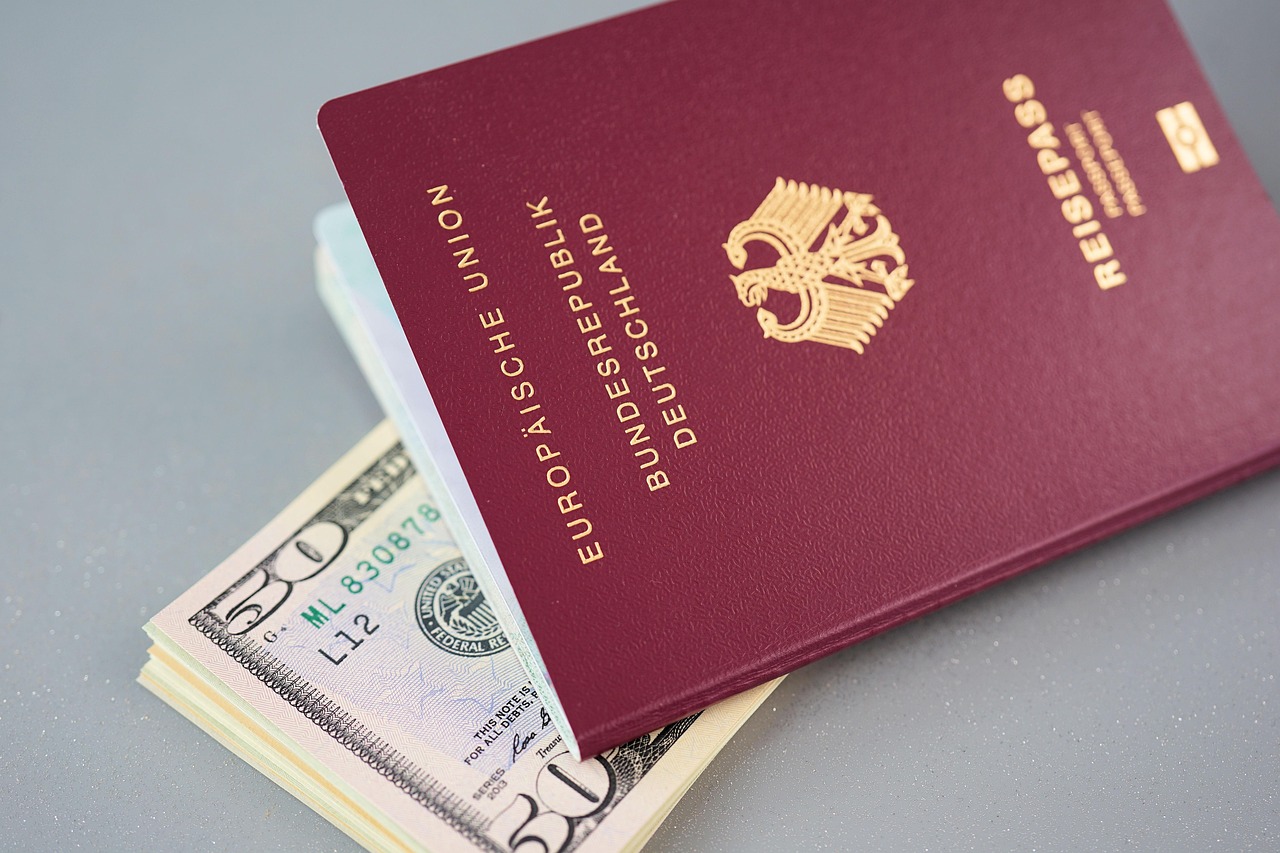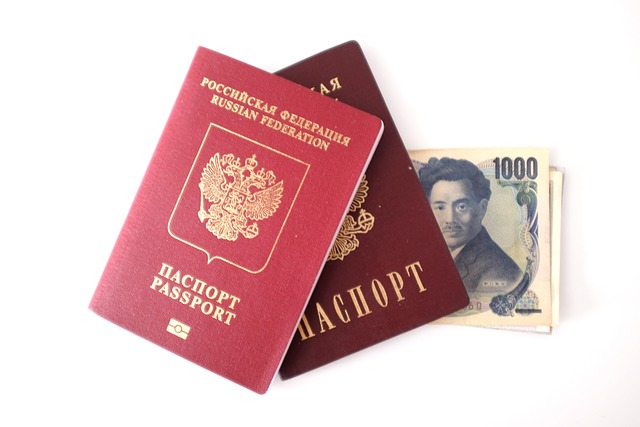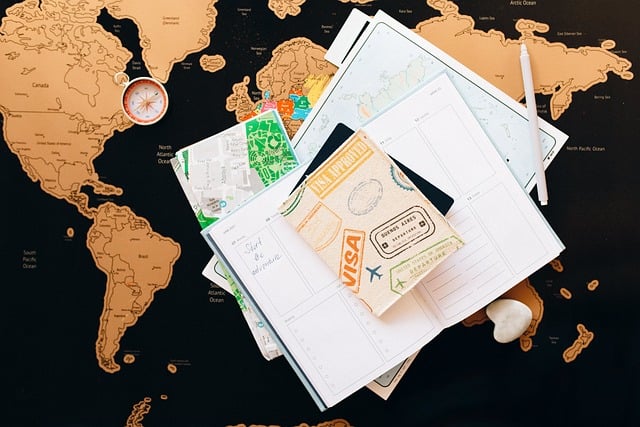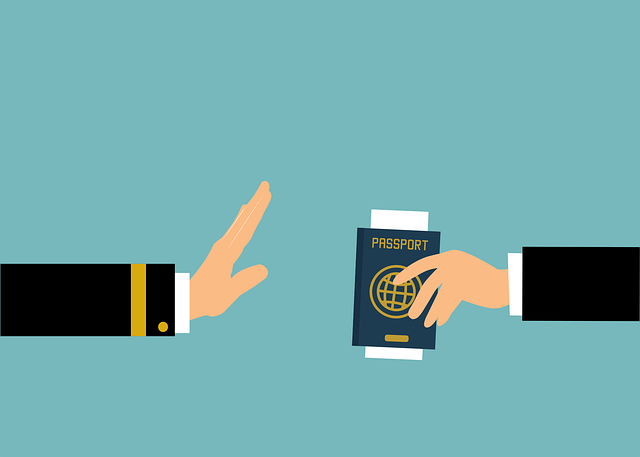Student Visas: Studying in the Netherlands

The Netherlands is a popular destination for international students, offering world-class education, a multicultural environment, and a high quality of life. If you’re planning to study in the Netherlands, you’ll likely need a student visa and/or residence permit. This guide provides a comprehensive overview of the student visa process, requirements, and tips for a smooth application.
Do You Need a Student Visa?
Whether you need a student visa depends on your nationality:
- EU/EEA/Swiss Citizens: You do not need a visa to study in the Netherlands. However, you must register with the local municipality and obtain a Citizen Service Number (BSN).
- Non-EU/EEA Citizens: You will need a student visa (MVV) and a residence permit to study in the Netherlands.
Types of Student Visas
1. Short-Stay Visa (Schengen Visa)
- Duration: Up to 90 days within a 180-day period.
- Purpose: For short courses, exchange programs, or preparatory studies.
- Application: Apply at the Dutch embassy or consulate in your home country.
2. Long-Stay Visa (MVV) and Residence Permit
- Duration: For programs longer than 90 days.
- Purpose: For full-degree programs (Bachelor’s, Master’s, or PhD).
- Application: Your host university in the Netherlands typically acts as your sponsor and handles the application process.
Steps to Apply for a Student Visa
1. Choose a Program and University
- Ensure the program is accredited and recognized by the Dutch government.
- Receive an official letter of acceptance from the university.
2. Check Visa Requirements
- Visit the website of the Dutch embassy or consulate in your country for specific requirements.
- Confirm whether your university will handle the visa application (most do).
3. Prepare Required Documents
- Valid Passport: Must be valid for at least 6 months beyond your stay.
- Admission Letter: Proof of enrollment in a recognized Dutch educational institution.
- Proof of Financial Means: Demonstrate you have sufficient funds to cover tuition and living expenses (approximately €11,400 per year as of 2023).
- Health Insurance: Proof of comprehensive health insurance valid in the Netherlands.
- Tuberculosis Test: Required for students from certain countries.
- Visa Application Form: Completed and signed.
- Passport Photos: Recent, passport-sized photos meeting Dutch requirements.
- Visa Fee: Pay the required fee (approximately €174 as of 2023).
4. Submit Your Application
- If your university is handling the application, they will submit it to the Dutch Immigration and Naturalization Service (IND).
- If you’re applying independently, submit your application at the Dutch embassy or consulate in your home country.
5. Attend a Visa Interview (if required)
- Some embassies may require an interview as part of the application process.
6. Wait for Approval
- Processing times vary but typically take 4-6 weeks.
- Once approved, you’ll receive an MVV sticker in your passport.
7. Collect Your Residence Permit
- After arriving in the Netherlands, you must collect your residence permit from the IND office within 90 days.
Working While Studying
Non-EU/EEA students are allowed to work under certain conditions:
- Part-Time Work: Up to 16 hours per week during the academic year.
- Full-Time Work: Allowed during June, July, and August.
- Work Permit: Your employer must obtain a work permit (TWV) for you.
Post-Study Opportunities
The Netherlands offers a Orientation Year Visa (Zoekjaar) for non-EU/EEA graduates:
- Duration: 1 year.
- Purpose: To search for a job or start a business.
- Eligibility: Graduates from a recognized Dutch educational institution.
Tips for a Successful Visa Application
- Start Early: Begin the application process as soon as you receive your admission letter.
- Double-Check Documents: Ensure all documents are complete, accurate, and meet the requirements.
- Stay Informed: Regularly check the IND website and your university’s international office for updates.
- Prepare Financially: Open a Dutch bank account and ensure you have access to sufficient funds.
- Learn Dutch: While not mandatory, learning basic Dutch can help you settle in and integrate more easily.



